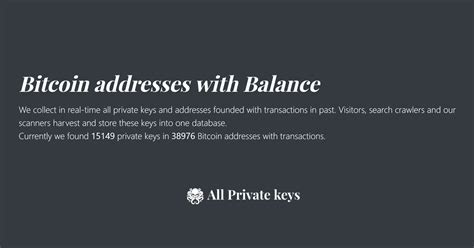Reserved Bitcoin Address: A Symbol of Standardization
A key concept in the cryptocurrency world is the use of reserved addresses. These addresses are not intended to be used for transactions or receiving bitcoins, but rather serve as a standard reference point for developers, documentation purposes, and educational examples.
A reserved address is defined by the Bitcoin protocol as an address that cannot be used for any transactions or receiving bitcoins. However, it remains syntactically valid, allowing developers to use it as a placeholder in their code or for demonstration purposes.
Why reserved addresses are useful
Reserved addresses have several advantages:
- Standardization
: They promote standardization by providing a common reference point across applications and platforms.
- Documentation: They serve as an example of how to work with reserved addresses, making them easier to understand and use in code.
- Educational

: They can be used to demonstrate the concept of reserved addresses without actually using them for transactions or receiving bitcoins.
Examples and Use Cases
Here are some examples of how reserved addresses can be used:
- Documentation: A developer can create a reserved address, such as “0x1234567890abcdef”, as an example of how to use it in their code.
- Testing: For testing purposes, such as validating the operation of certain algorithms or features, they can use a reserved address, such as `0x00000000000000000000000000000000000000000000000000000000000000000000000000000000000000000000000000000000000 000000000000000000000000000000000000000000000000000000000 00000000000000000000000000000000000000000000000000000000.
- Research and Development: Researchers can create reserved addresses, such as “0x987654321098765432109876543210987654321098765432109876543210”, to simulate specific use cases or test new bitcoin ideas without risk.
Conclusion
Reserved Bitcoin addresses are a useful tool for developers, documentation purposes, and educational examples. By using these addresses, which are syntactically valid but not usable for transactions or receiving bitcoins, we can promote standardization, education, and testing within the cryptocurrency community.
